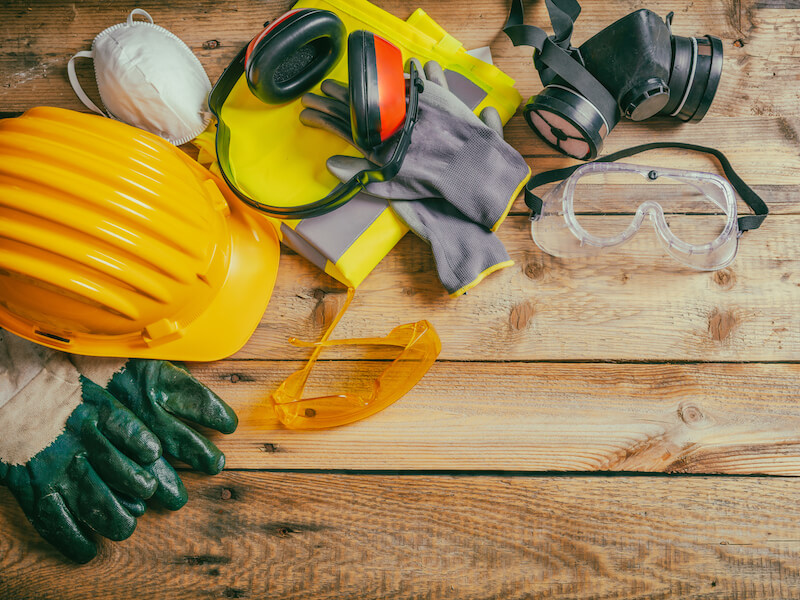
Roughly two million workplace injuries are reported each year. When you think about on-the-job injuries, you may think of flying projectiles or a hand caught in a piece of machinery at a factory.
But there is a much more pernicious on-the-job injury that is even more common and often overlooked. Over several years, it will sneak up slowly on people. The injury goes unnoticed until the effects become impossible to dismiss. People typically make excuses. “It will go away” or “I’m just getting older. This response is normal.
And it’s unusual for people to even acknowledge that their workplace is responsible for this injury.
The insidious injury is hearing damage. There are some significant steps you should take if you notice any of the numerous warning signs.
Exactly When Does The Volume Become “Too Loud”?
Your hearing can be permanently damaged with regular exposure to as little as 85 decibels (dB) over a long period. Seventy-five dB, for instance, is the average volume of a vacuum. A lawnmower produces 85 dB. If you’re exposed to a chainsaw or leaf blower you’re dealing with 100 dB. And the volume of a gunshot comes in at 140 dB.
Are you at risk when in your work environment? Are you being exposed to the most prevalent workplace injury? Over time, your hearing is likely to be damaged if you’re regularly exposed to sound as loud as a lawnmower, even if it’s not continuous.
Hearing Damage Signs
If you work in a loud environment, there’s no doubt you’re harming your hearing.
What follows is are early warning signs that you’re experiencing hearing loss:
- You can’t understand the person speaking if there’s background noise.
- Loud sounds cause pain in your ears.
- You frequently ask people to repeat themselves when they talk.
- You’re hearing sounds in your ears like ringing, hissing, or whistling.
- Conversations sound muffled.
- Your family and friends tell you your television, radio, or computer tablet volume is too high.
- You think people speaking to you are constantly mumbling.
- You confuse consonants – “Todd” sounds like “Dodd,” for instance.
- When people speak, you tend withdraw.
How is Hearing Damage Being Addressed by Employers?
In settings that are really loud, technology is being put to use by businesses or organizations to reduce workplace noise. Government agencies are endeavoring to update recommendations that will decrease workplace noise and protect employees.
Employees are coming forward as they become mindful of the chronic damage that workplace noise is causing. Further change will come as their voices are heard.
Preventing Further Damage
If you work in a noisy environment, the smartest thing you can do is safeguard your ears before any damage is done. Using protective earmuffs or earplugs on the job will help decrease potential damage.
If you think your hearing has been injured by a noisy workplace, schedule a hearing test as soon as you can. You will discover how to avoid added damage when you determine how much hearing damage you have. We address any hearing damage you already have and develop strategies to help you avoid any further damage.